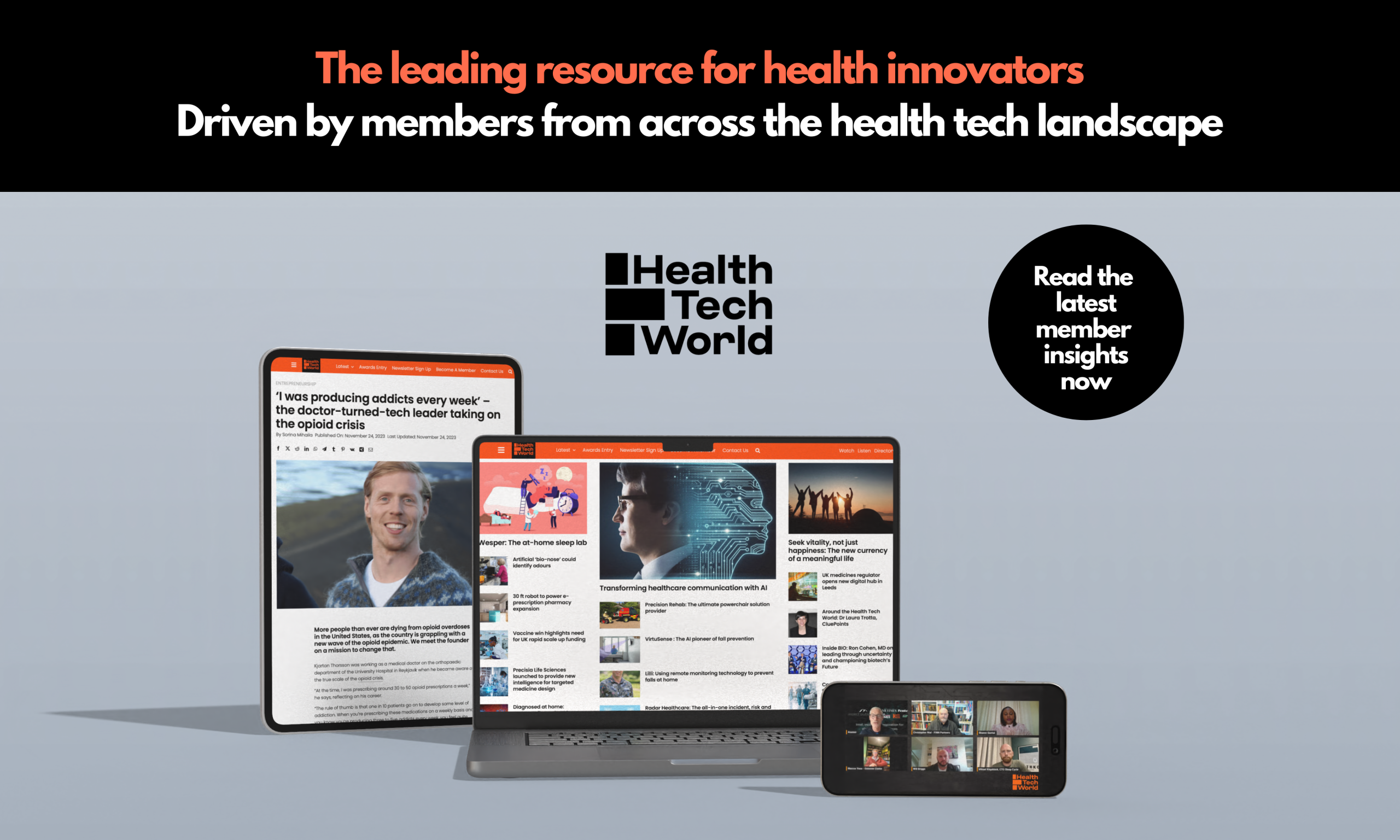
The time it takes to approve clinical trials in the UK has been cut by more than half – from an average of 91 days to 41 days – following major reforms backed by new digital platforms at the Medicines and Healthcare products Regulatory Agency (MHRA), new research confirms.
This means patients can safely access promising new treatments – from cancer therapies to rare disease studies – several weeks sooner than before.
Findings published this week in the British Journal of Clinical Pharmacology (BJCP) show the reforms are delivering consistently strong results, with 99 per cent of applications reviewed within statutory timelines, and most completed well ahead of target.
The study is the first comprehensive review of the MHRA’s new way of reviewing trials based on their level of risk, introduced in 2023, showing how it speeds up review timelines while protecting patient safety.
Health Minister Stephen Kinnock said: “We are halving approval times and streamlining processes, so NHS patients are at the front of the queue and receiving life-changing treatments faster than ever before.
“As we shift from analogue to digital, we are harnessing AI alongside cutting red tape and reforming bureaucratic processes so patients can receive medicines in just 41 days instead of 91.
“We are getting on with modernising our NHS for patients and making it fit for the future – because when someone is fighting for their health, every day matters.”
A fast-track route allows some lower-risk studies to be approved in 14 days.
For example, under the 14-day notification scheme, a haemophilia A trial was able to begin several weeks earlier than expected, giving patients with this serious bleeding disorder faster access to potentially life-changing therapy.
Building on this, artificial intelligence (AI) is now being introduced to further support assessors – helping review complex data and improve consistency – while final decisions continue to rest with experienced assessors to ensure patient safety.
The reforms also support wider Government efforts to modernise the UK’s research landscape through the 10 Year Health Plan – streamlining trial setup by slashing red tape, simplifying paperwork and introducing a national standardised contract to remove months of delay.
Millions of people will also be able to search for and sign up to lifechanging clinical trials, via the NIHR Be Part of Research service on the NHS App, allowing patients to browse and find the trials best suited to their interests and needs.
MHRA Chief Executive Lawrence Tallon said: “These reforms put patients first, helping them access innovative treatments sooner while maintaining the highest safety standards.
“They also give researchers and global companies the certainty they need to plan and invest here in the UK.
“By more than halving approval times through digital tools with proportionate oversight that prioritises patient safety, we are increasing the efficiency and attractiveness of the UK’s clinical trial ecosystem and reinforcing our global reputation as a leading destination for cutting-edge research.”






